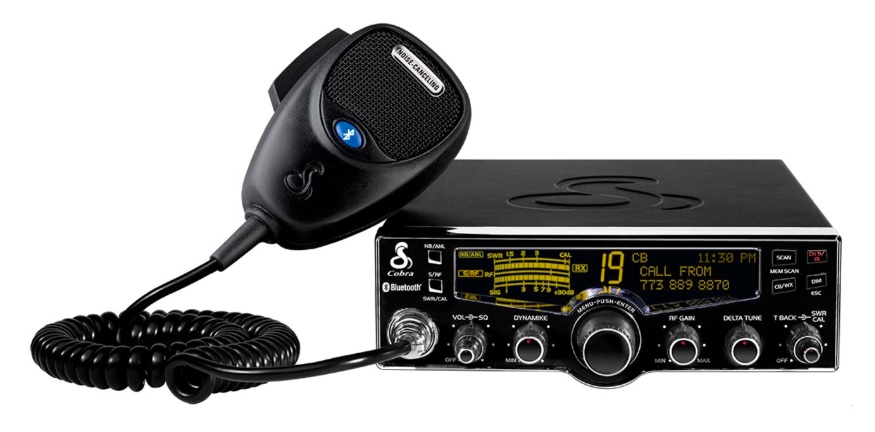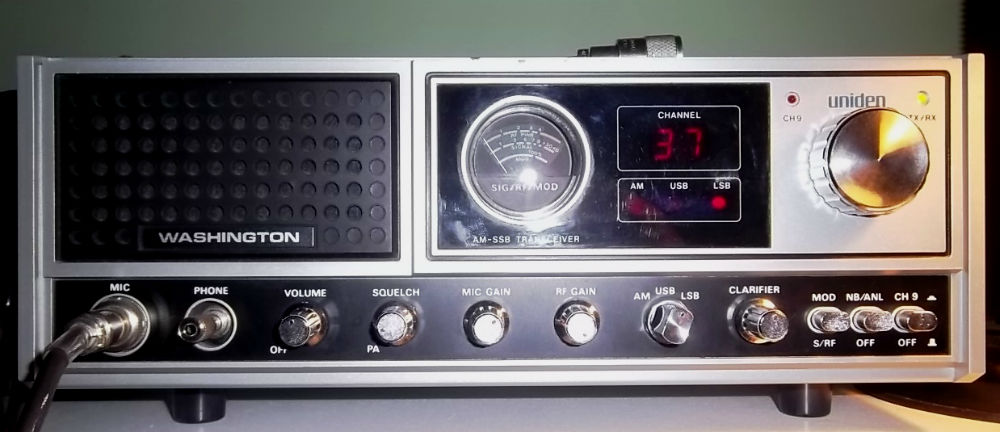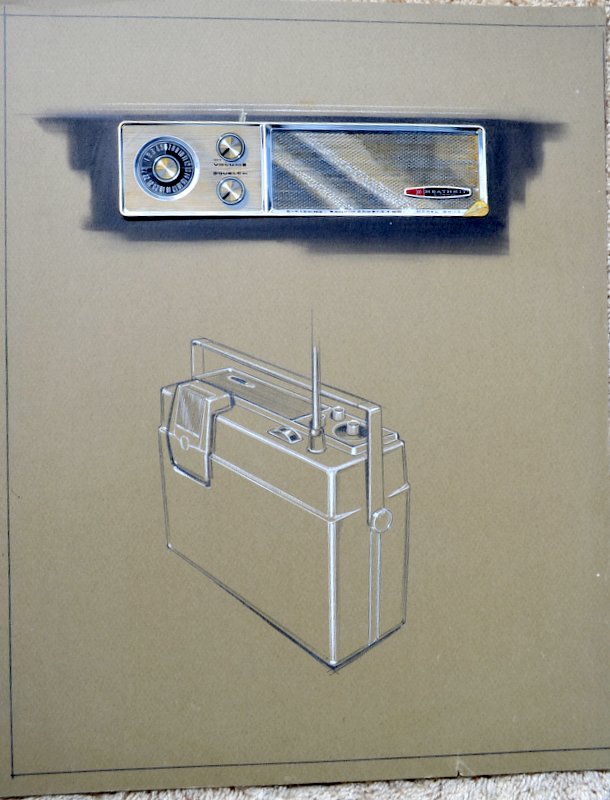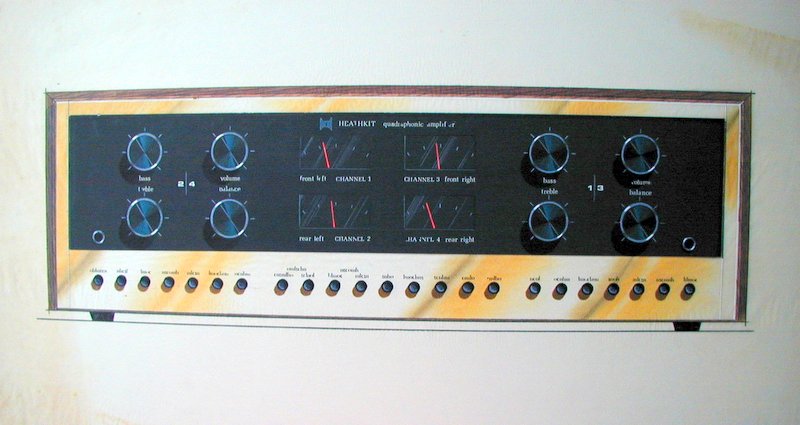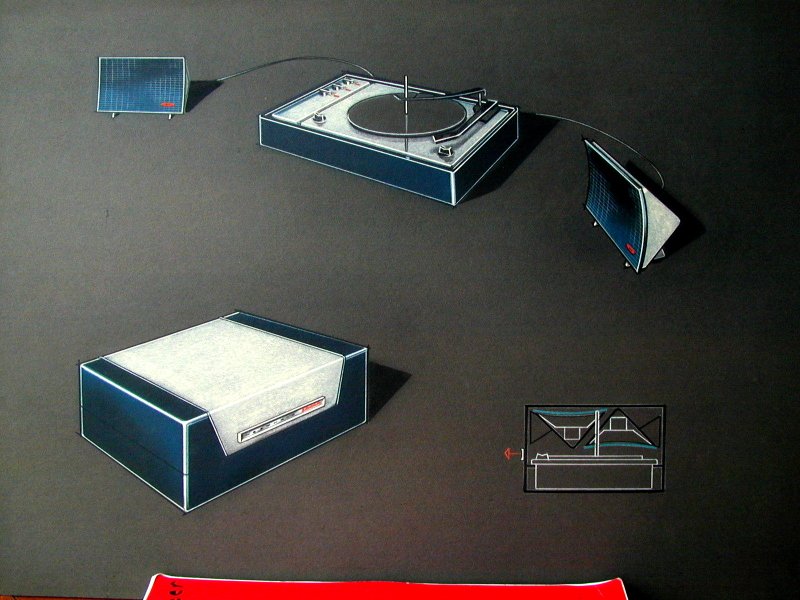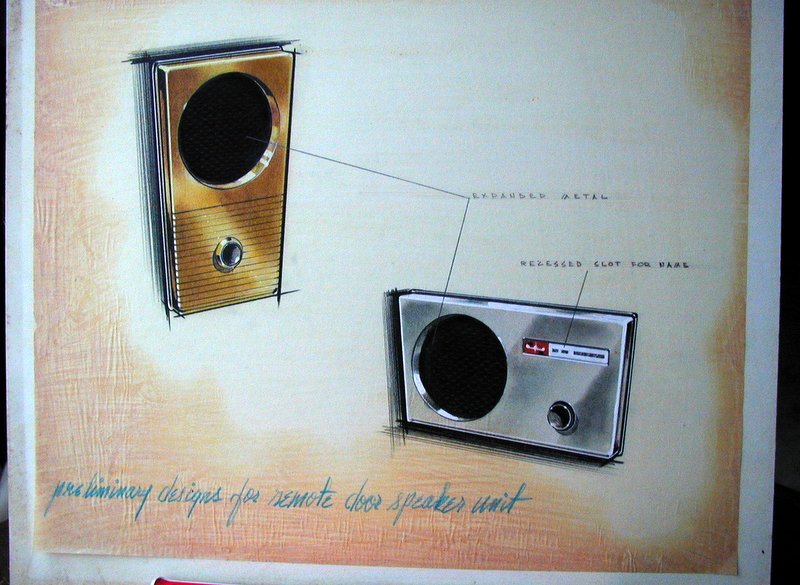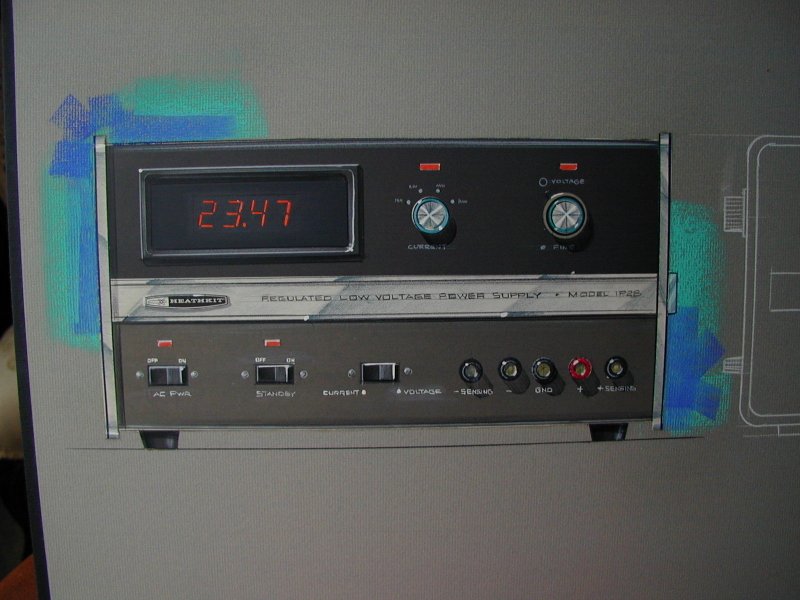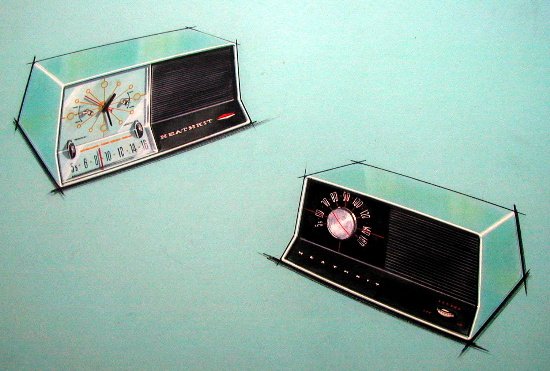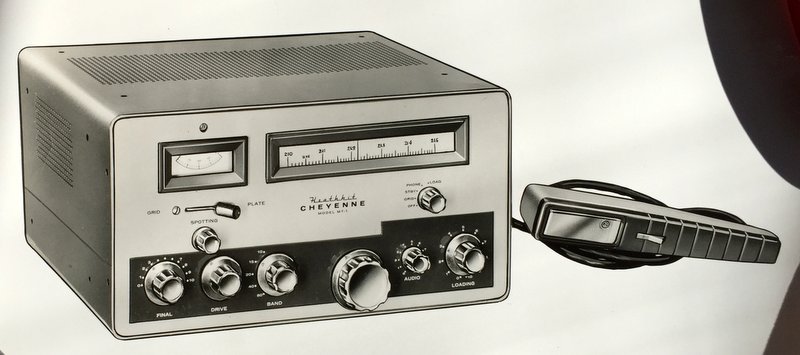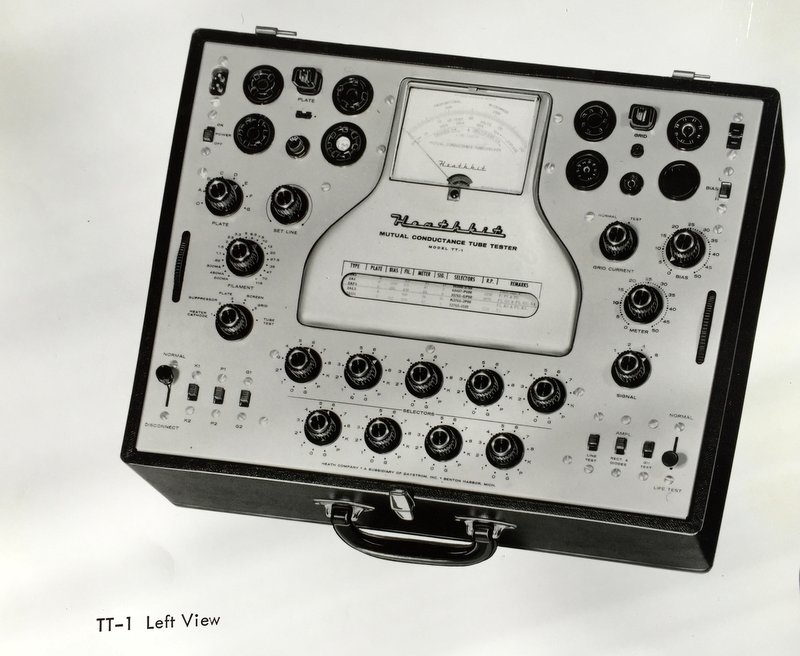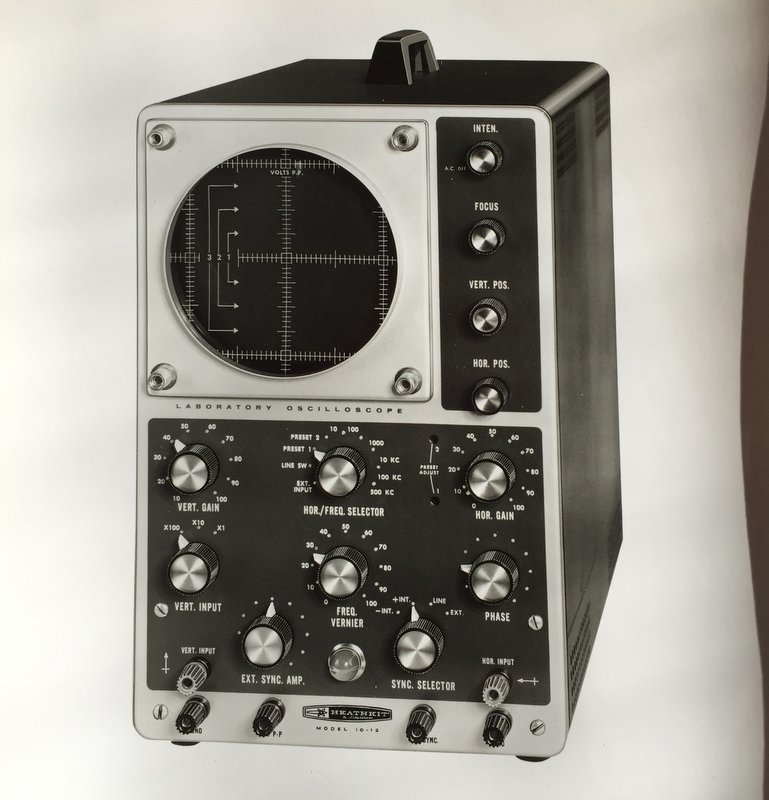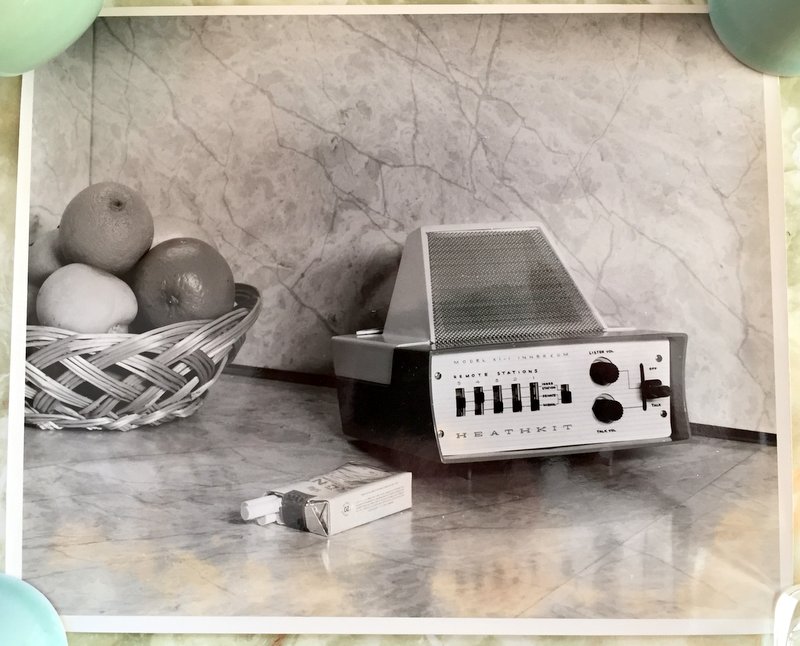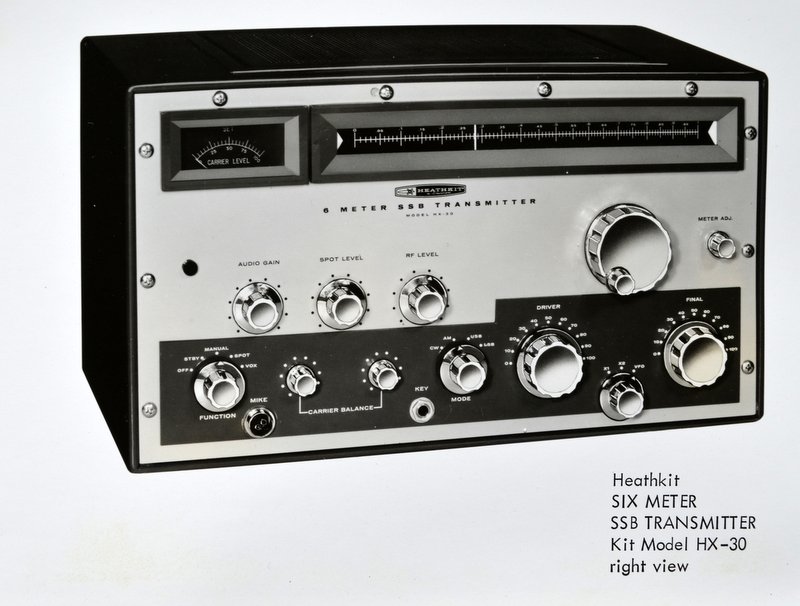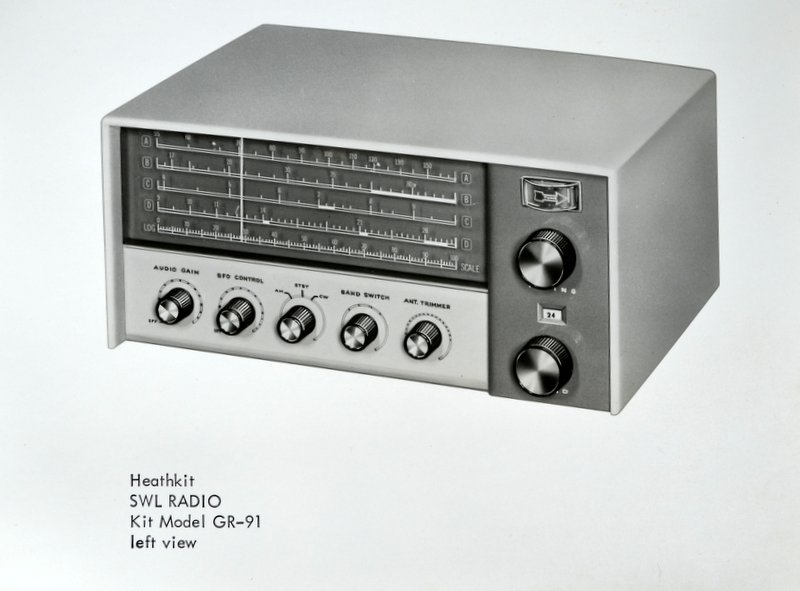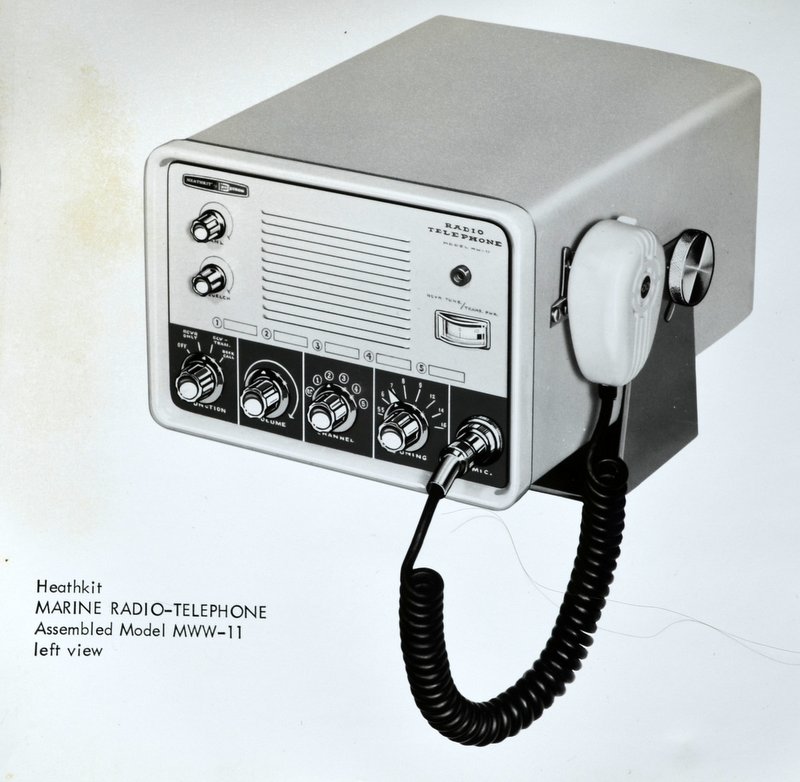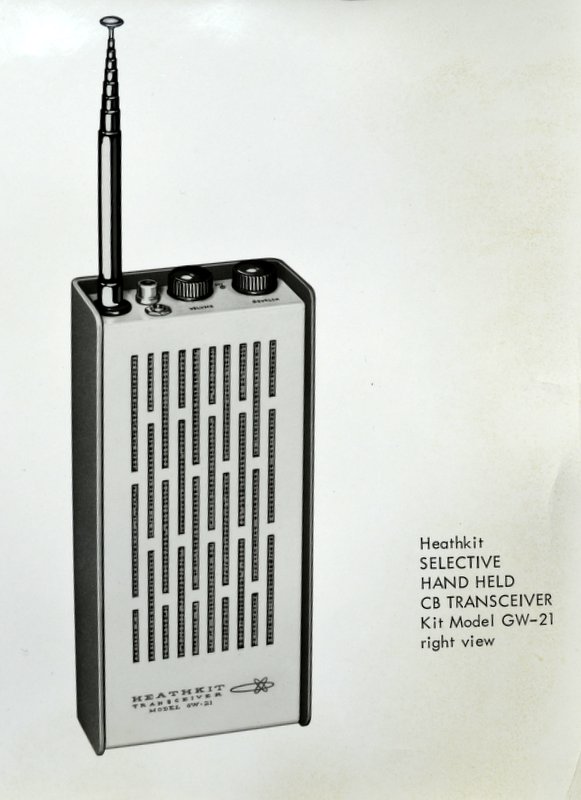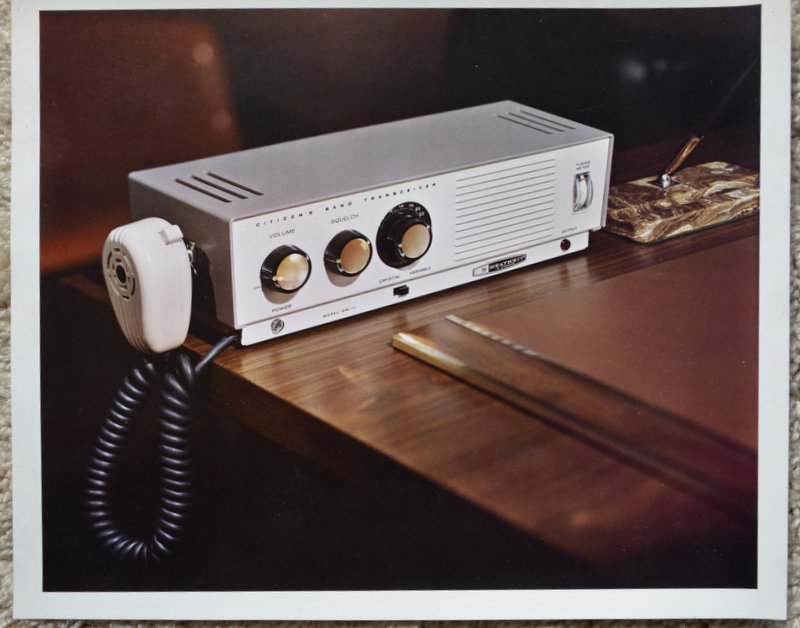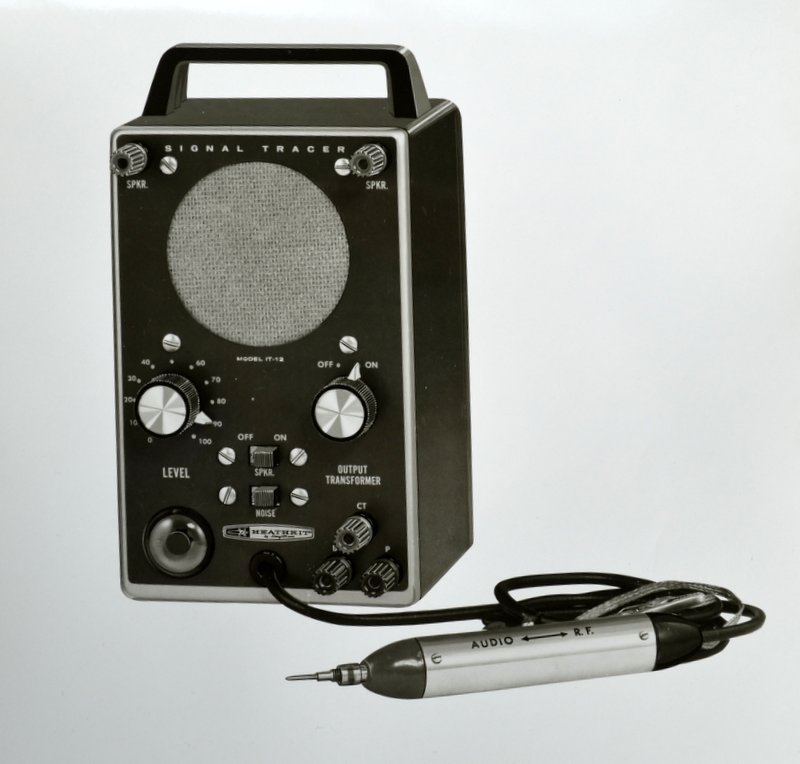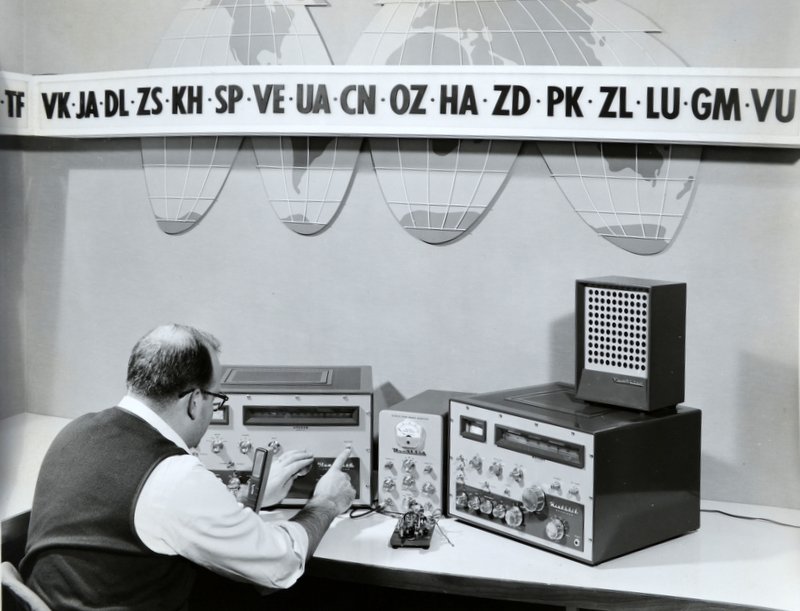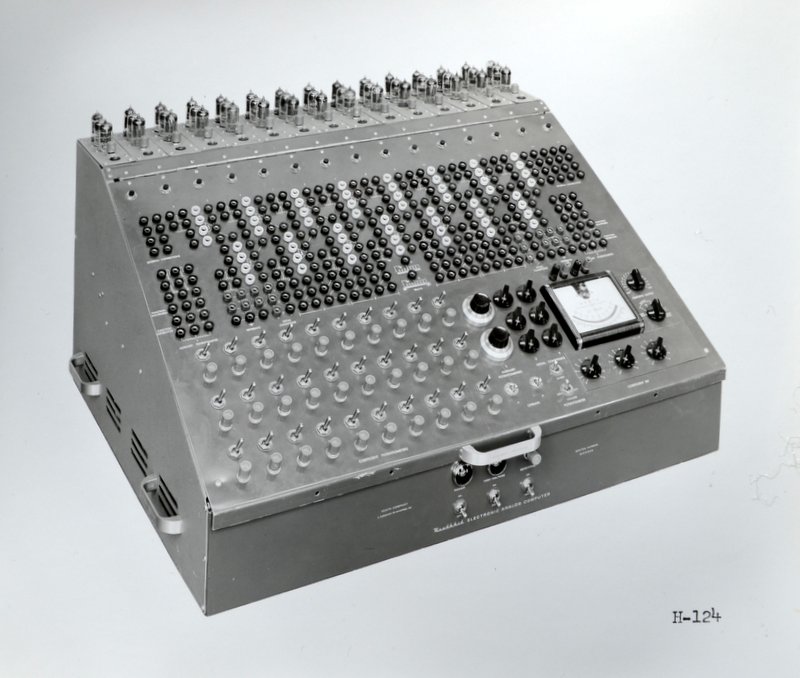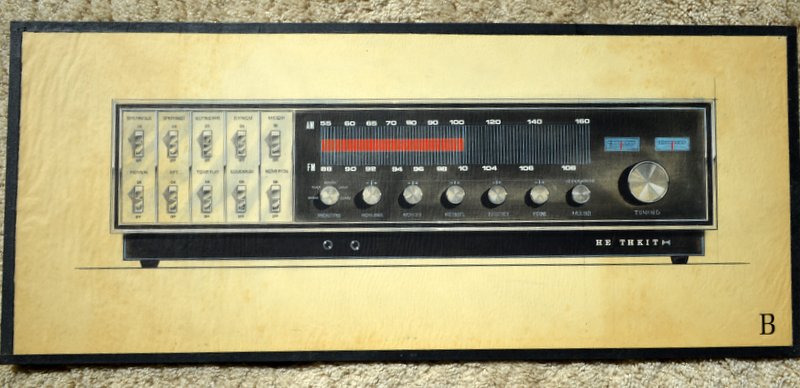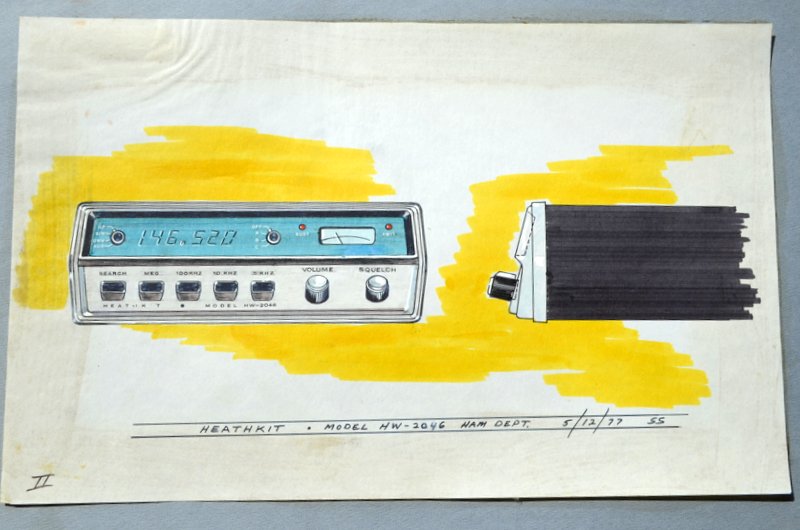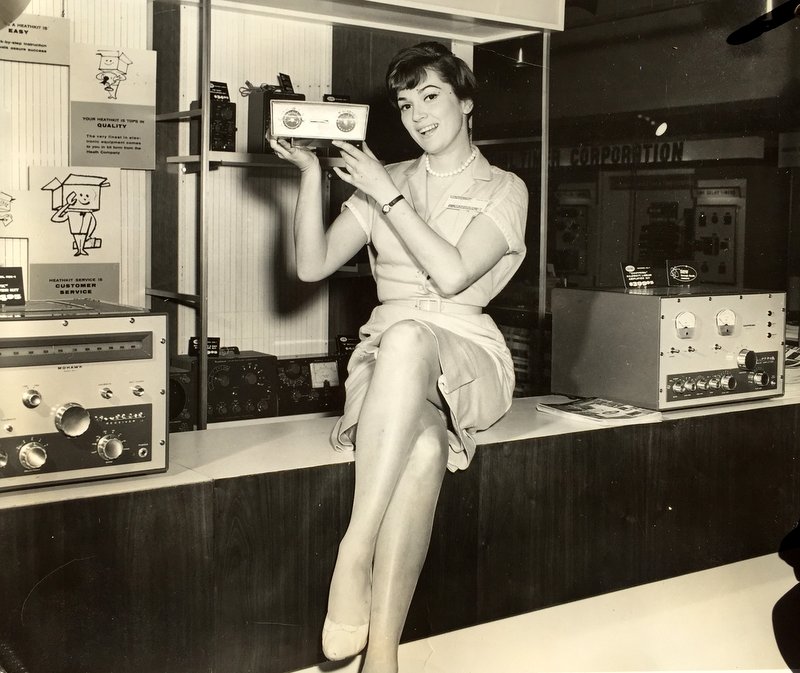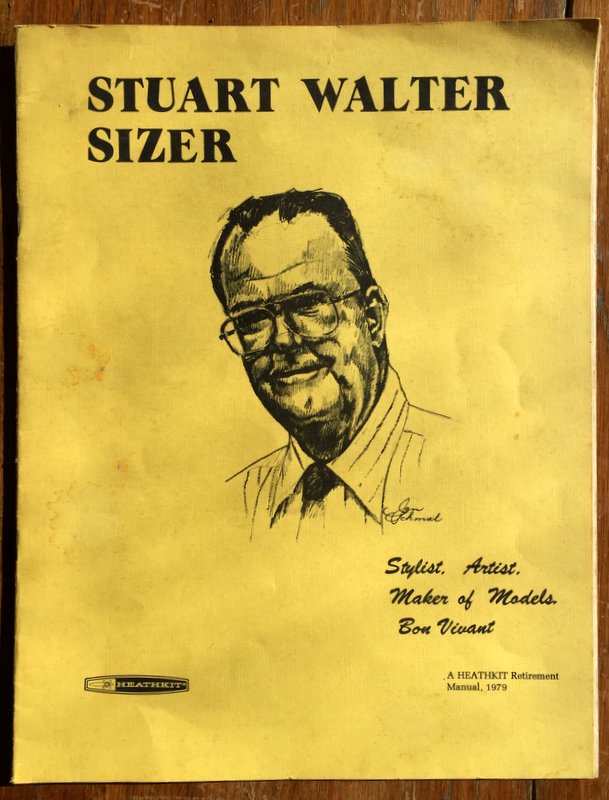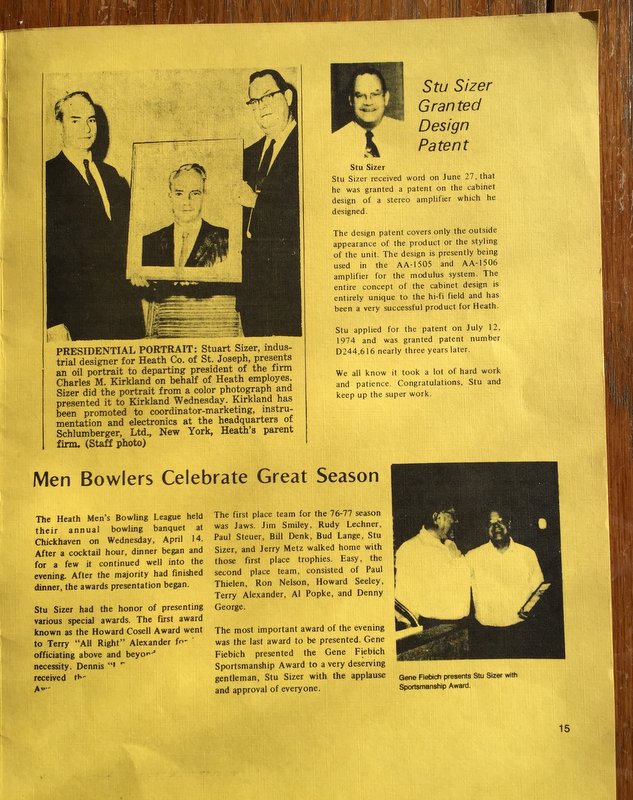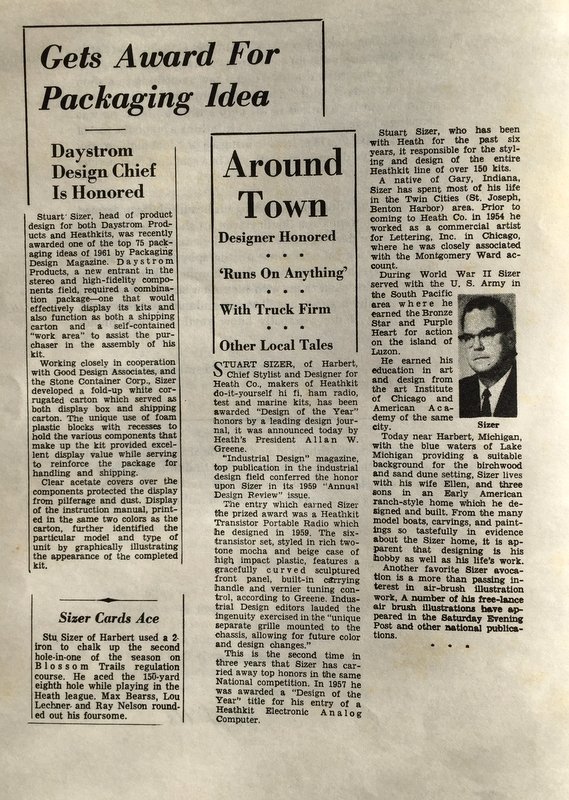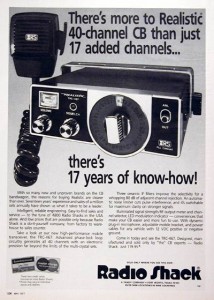FCC to modernize Part 95 Regs – GMRS, FRS, CB
The FCC is to legalize 27 MHz CB DXing and boost power of license exempt UHF FM Family Radio Service (equivalent of UK PMR 446)
Under its new Chair Ajit Pai, the FCC is seeking to modernize radio regulations and is scrapping pointless rules like the 250 km (155.3 mile) restriction on Citizen Band Radio contacts.
As yet there is no word on the FCC taking action on the archaic Part 97 amateur radio regulations. Over 40 years ago the FCC considered these regulations were in need of a major overhaul and in 1976 introduced the “Regulation by Bandwidth” Docket 20777. The FCC eventually abandoned the modernization attempt after a a long campaign against it waged by the ARRL.
There was a desire by some radio amateurs in the late 1970’s to restrict the bandwidth of digital data transmissions but any form of “Regulation by Bandwidth” was considered anathema. This resulted in the introduction in 1980 of a Symbol Rate restriction on digital transmissions (avoiding the dreaded words “Bandwidth Restriction”). This has crippled amateur radio data communications ever since, preventing amateurs using modern modes.
It may well be that before too long the FCC will make another attempt at reforming Part 97.
Regarding the Part 95 changes the ARRL says:
In a lengthy Report and Order (R&O) in a proceeding (WT Docket No. 10-119) dating back 7 years, the FCC has announced rule changes affecting the General Mobile Radio Service (GMRS), the Family Radio Service (FRS), the Citizens Band Radio Service (CBRS or “CB”), as well as other applications that fall under the FCC’s Part 95 Personal Radio Services (PRS) rules and regulations. Part 95 devices typically are low-power units that communicate over shared spectrum and, with some exceptions, do not require an individual user license from the FCC. As the R&O explains, common examples of PRS devices include “walkie-talkies;” radio-control cars, boats, and planes; hearing assistance devices; CB radios; medical implant devices; and Personal Locator Beacons.
“This draft Report and Order completes a thorough review of the PRS rules in order to modernize them, remove outdated requirements, and reorganize them to make it easier to find information,” the FCC said in a summary attached to the R&O. “As a result of this effort, the rules will become consistent, clear, and concise.”
GMRS and FRS devices are used for personal communication over several miles; compact FRS handhelds, often sold in pairs, are widely available. While GMRS and FRS share spectrum, GMRS provides for greater communications range and requires an FCC license; FRS does not.
“The rules will increase the number of communications channels for both GMRS and FRS, expand digital capabilities to GMRS (currently allowed for FRS), and increase the power/range for certain FRS channels to meet consumer demands for longer range communications (while maintaining higher power capabilities for licensed GMRS),” the FCC explained.
The amended rules eventually will eliminate combination FRS/GMRS radios for the most part, but allow up to 2 W PEP output for FRS transceivers.
Read the full ARRL story at
http://www.arrl.org/news/fcc-personal-radio-service-revisions-will-affect-gmrs-frs-cb-other-part-95-devices
FCC Report and Order
https://apps.fcc.gov/edocs_public/attachmatch/DOC-344617A1.pdf
The irony here is that CB DXing (regardless of power) has been in wide practice since the begging of the Citizen’s Band service! I suppose I never realized (at legal power) DXing was illegal. 🙂
 Many thanks to SWLing Post contributor, Ulis (K3LU), who shares the following story of a popular CB Radio QSL Card design and print house:
Many thanks to SWLing Post contributor, Ulis (K3LU), who shares the following story of a popular CB Radio QSL Card design and print house:
